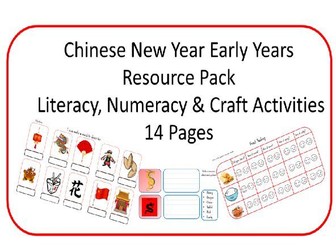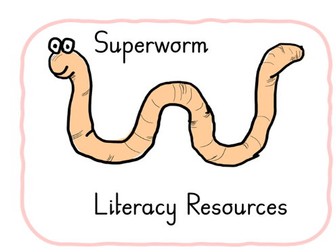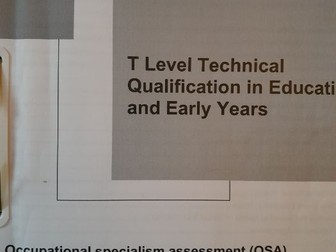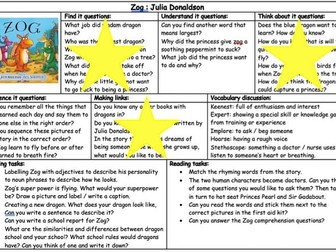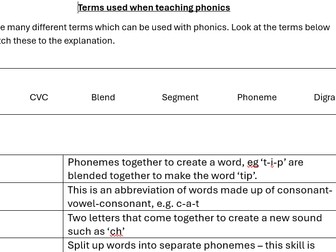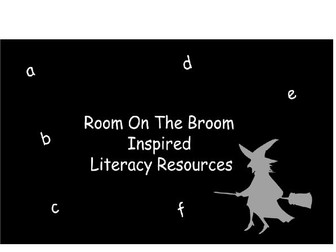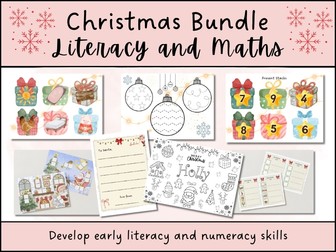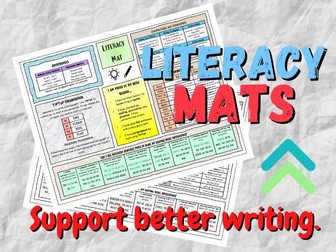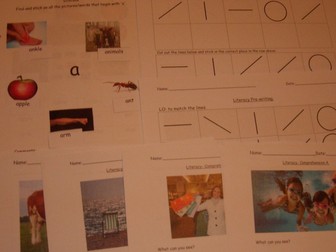Sale
Chinese New Year in Early Years
Chinese New Year Early Years Resource Pack | Literacy, Numeracy & Craft Activities | 14 Pages
Description:
Celebrate Chinese New Year with this vibrant and engaging 14-page resource pack, specially designed for early years settings. Packed with fun and educational activities, this pack supports literacy, numeracy, and creative skills while exploring the rich traditions of the Chinese New Year.
Included in this pack:
Cut and fold paper lanterns for decorative craft activities
Foldable money wallets for counting and play
Numeracy activities including counting coins inside money wallets
Literacy tasks: using key words and pictures to write simple sentences
Food tasting score sheets to engage senses and descriptive vocabulary
Write a single descriptive word for themed pictures
Colour the Chinese flag activity
Three themed cards with inserts for writing and giving
Cut and fold concertina dragons for creative play and display
Ideal for:
Early Years Foundation Stage (EYFS)
Classroom or home learning during Chinese New Year celebrations
Cross-curricular learning combining art, literacy, and numeracy
Developing fine motor skills through cutting and folding
Encouraging descriptive writing and vocabulary building
Learning Focus:
Counting and number recognition
Sentence writing and vocabulary development
Fine motor skills and following instructions
Cultural awareness and celebration of diversity
Make Chinese New Year learning hands-on and memorable with this complete resource pack!
#ChineseNewYear #EYFSResources #EarlyYearsLearning #LiteracyActivities #NumeracyActivities #CreativeCrafts #CulturalAwareness
